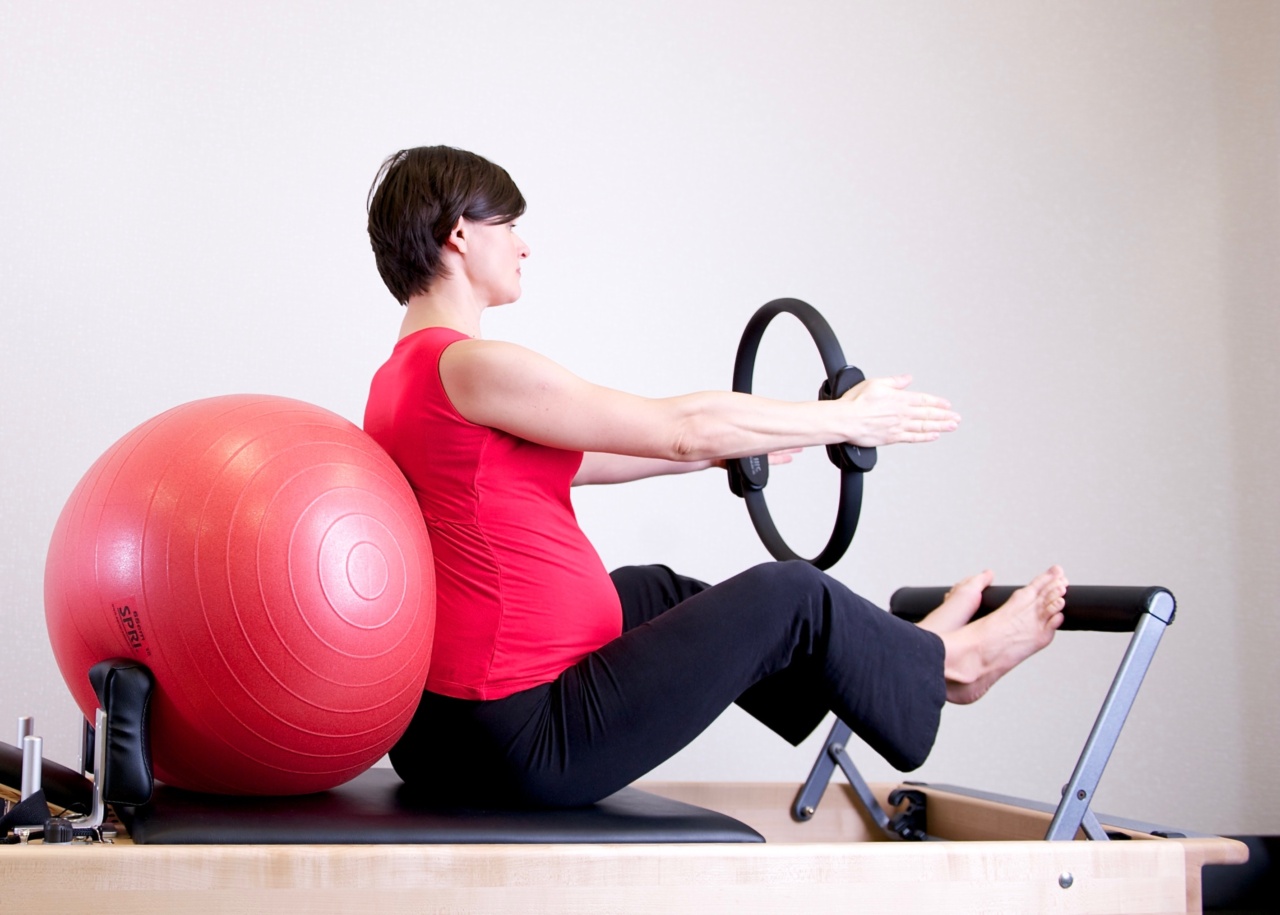A healthy lifestyle is not just about exercising and eating a balanced diet. It also includes getting enough rest and sleep, managing stress, and paying attention to the timing and quantity of meals.
Two important factors related to meal timing that are often overlooked are evening and weight reception.
What is evening reception?
Evening reception refers to the body’s ability to process and utilize food consumed in the evening. It is influenced by various factors, such as the circadian rhythm, hormonal fluctuations, and physical activity levels throughout the day.
Research has shown that consuming a large meal in the evening, especially before bedtime, can lead to poor sleep quality and disrupt the natural circadian rhythm.
This is because digestion and metabolism slow down during sleep, which can increase the risk of weight gain and metabolic disorders.
Moreover, consuming high-calorie foods in the evening can also affect insulin sensitivity and blood sugar levels, which may lead to increased hunger and cravings the following day.
Why is weight reception important?
Weight reception refers to the body’s ability to maintain a healthy weight by balancing energy intake and expenditure. It is influenced by various factors, such as genetics, lifestyle, and environmental factors.
Research has shown that weight reception can be improved by adopting healthy habits, such as eating a nutrient-dense diet, exercising regularly, and getting enough sleep.
Moreover, paying attention to the quantity and timing of meals can also affect weight reception.
For instance, skipping meals or consuming too few calories can slow down metabolism and lead to muscle loss.
On the other hand, overeating or consuming high-calorie foods can lead to weight gain and metabolic disorders, such as insulin resistance and diabetes.
How can you improve evening and weight reception?
Improving evening and weight reception starts with adopting healthy habits and making gradual changes to your lifestyle. Here are some practical tips:.
: Eat a balanced diet
Eating a balanced diet that is rich in nutrients and low in processed foods can improve evening and weight reception. Include a variety of fruits, vegetables, lean protein sources, whole grains, and healthy fats in your diet.
Avoid consuming high-calorie or high-sugar foods in the evening, especially before bedtime.
: Exercise regularly
Physical activity can improve metabolism, promote weight loss, and boost energy levels. Aim for at least 30 minutes of moderate-intensity exercise, such as brisk walking or cycling, most days of the week.
Incorporate strength training exercises to build muscle and improve metabolic rate.
: Get enough sleep
Getting enough sleep is important for regulating hormone levels, reducing stress, and promoting weight loss. Aim for at least 7-8 hours of sleep per night and try to maintain a consistent sleep schedule.
Avoid consuming caffeine or alcohol in the evening, as they can interfere with sleep quality.
: Eat smaller, more frequent meals
Consuming smaller, more frequent meals throughout the day can improve metabolism and prevent overeating. Aim for 3-4 meals per day, spaced out evenly throughout the day.
Make sure to include a source of protein and fiber in each meal to promote satiety and stabilize blood sugar levels.
: Avoid skipping meals
Skipping meals can slow down metabolism and lead to overeating later in the day. Make sure to eat a balanced breakfast and avoid skipping any meals.
Carry healthy snacks with you, such as fruit, nuts, or veggies, to help you avoid hunger and cravings throughout the day.
: Maintain a consistent meal schedule
Maintaining a consistent meal schedule can help regulate hunger, reduce stress, and promote weight loss. Aim to eat your meals at regular times each day and avoid snacking after dinner.
Try to finish your last meal at least 2-3 hours before bedtime to promote better sleep and improve evening reception.
Conclusion
Evening and weight reception are important factors that can affect overall health and wellness.
By adopting healthy habits, such as eating a nutrient-dense diet, exercising regularly, and paying attention to the timing and quantity of meals, you can improve your evening and weight reception and maintain a healthy lifestyle.






























